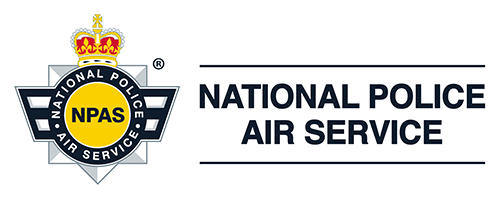Response times
In 2022/23, our aircraft crews were deployed to 4,621 priority one incidents.
These are when there is an immediate threat to a life, a crime is in action or there is a national or terrorism incident.
The average time to reach a scene from receiving a call was 12 minutes, 18 seconds.
Read about what it’s like being a line pilot as a job - flying a Police fixed wing aircraft.
NPAS is the only holder of a Police Air Operator's Certificate (PAOC) in England and Wales.
To retain our PAOC we are required to employ nine European Aviation Safety Agency (EASA) and Civil Aviation Authority-approved Form 4 holders, also known as nominated persons.
Projects
Operating a police aviation service involves much more than just putting aircraft in the sky.
Our teams need the best equipment to gather evidence, communicate and stay safe, which is why our Project Management Office is an integral part of our service.
Flying to more than 20,000 tasks every year, crews provide effective aerial support to ground based officers and in doing so improve operational response to incidents within the highest safety standards.
The National Police Air Service (NPAS) has a national network of bases across England and Wales.
In addition to the regional bases displayed on the map, NPAS also operates from a base at Lippitts Hill, Epping Forest, from which it provides a 24-hour air service for London, in support of the Metropolitan Police Service.
How we are funded
Most of our income comes from contributions made by police forces in England and Wales. In 2022/23, this amounted to £43,872,438.
Under the current funding model, forces determine the number of annual hours they require air support for and contribute according to those hours.
What Are Cookies?
A cookie is a small piece of information (in the form of a text file) which is sent from a website server and stored on a user's computer.
